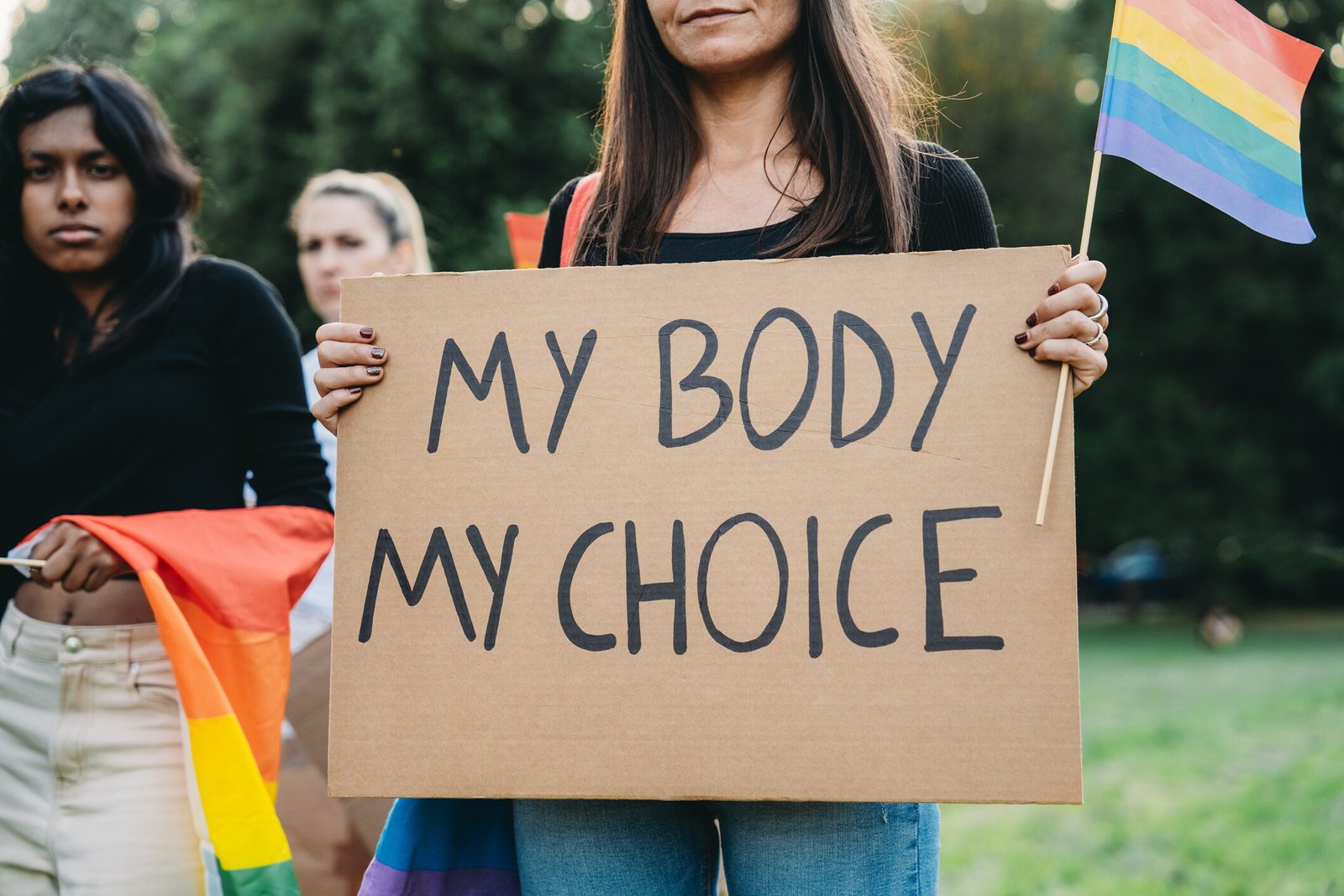THEn occasion of it International Safe Abortion Dayon September 28, Babbel – the language learning platform that offers lessons for apps and live – and the national association DiRe Women Online Against Violence – joined forces to raise awareness of this issue through its analysis all these termslittle known or even perceived as taboocharacterizing the discussion about reproductive rights
When we talk about rights, the issue of language is always extremely important. Knowing the right terminology and the right meaning of terms is an integral part of the empowerment process that allows you to win important social battles. Especially when we are talking about rights that are gradually being eroded, such as that of abortion.
The right to abortion in Italy
In Italy, access to abortion is a right enshrined in Law 194/78, which allows you to voluntarily terminate a pregnancy in a public facility within the first 90 days of pregnancy, whether for health, financial, social or family reasons. Although the enactment of this law represented an important step forward in the field of women’s rights, its application presents again some critical issues today.
According to data from the World Health Organization, every year there are abortions in the world 73 millionbut of these only the 45% performed in an unsafe manner; even a third of unsafe abortions are performed by untrained personnel using unsafe methods, thanks to poor accessibility and the criminalization of practices that endanger the health of those who have access to them.

Lifestyle
The case of Molise, where the only gynecologist who performs abortions cannot retire
Regarding the situation in Italy, the latest Report of the Minister of Health on the implementation of Law 194/78 shows that, in 2020, pregnancy terminations it was 66,413while illegal abortions, according to Istat estimates prepared in collaboration with the Istituto Superiore di Sanità, would range between 10,000 and 13,000 cases per year.
An element that in Italy strongly hinders the accessibility of abortion and limits the freedom of choice is conscientious objection: in 2020 in Italy of gynecologists and gynecologists who are objectors and conscientious objectors stood at 64.6% of the total. Anesthesiologists (44.6%) and non-medical staff (32.6%) are added to this percentage.
“Abortion in Italy is a right that is still contested, although there has been a law protecting it for 45 years. Sometimes words are used and campaigns are made that blame women who choose to have an abortion, treating them like criminals. That’s why we joined this Babbel campaign with conviction: freedom also comes from awareness and knowledge,” said Dr. Antonella Veltri, president of DiRe – Women on line against violence.
Terms you need to know about the right to an abortion
“Knowledge of the technical language used when talking about the health care system and medical procedures can serve, in this context, not only to orient oneself to and take part in the discussion, but also – and perhaps more than ‘everything – to assert his rights and defend those of other people’ he commented Sara Garizzo, Chief Content Strategist at Babbel.
Here’s the handbook that Babbel and DiRe put together for this Safe Abortion Day:
- IVG: this is the acronym for “voluntary termination of pregnancy“. IVG can be performed by two methods, pharmacological and surgical.
- Pharmacological abortion: occurs with the administration of the abortion pill or Mifepristone, also known by the acronym “RU486”, from conception to the ninth week of pregnancy. The drug can be taken both in an authorized medical center and independently. The abortion pill should not be confused with the “morning after pill,” a type of emergency contraception taken to prevent pregnancy.
- Surgical clinical abortion: this type of abortion is carried out – generally starting from the ninth week and within 90 days (except in particularly severe exceptional cases) – through a surgical procedure, the scraping of the uterine cavity.
- Elective or voluntary abortion: this term is used to refer to IVG whose main motivation does not necessarily depend on medical reasons, but on personal and/or social reasons.
- Therapeutic abortion: in case the termination of the pregnancy entails risks to the health of the mother or the fetus.
- Failure: this term refers to pregnancy interruptions that are not induced through surgery or drugs, but occur “naturally” in the first 180 days of pregnancy.
- Family counseling: founded in 1975, they are social-health care structures that exist in Italy with the aim of promoting education in responsible motherhood and fatherhood.
- Conscientious objections: this term refers to the refusal to comply with duties and obligations imposed by the Italian legal system if they are deemed incompatible with one’s moral, ethical and religious standards.
- Sexual and reproductive rights: the right to health is a fundamental and universal right. Health should not only be understood as physical health or the absence of pathologies, but also as a state of general well-being: physical, psychological and social. Sexual and reproductive health is included in this concept. Law 194 adopts this principle, ensuring the right “conscious and responsible childbearing“.
- Self-determination: the right to self-determination is realized in the right to freely choose whether to undergo practices concerning one’s body and expectations for one’s health and life. This right is enshrined in Article 32 of the Italian Constitution.
- Freedom of choice: any type of medical practice must obtain the informed consent of the patient in order to be performed. Article 1 paragraph 1 of Law 219/2017 states that “no health treatment may be initiated or continued without the free and informed consent of the person concerned, except as expressly provided by law“.

